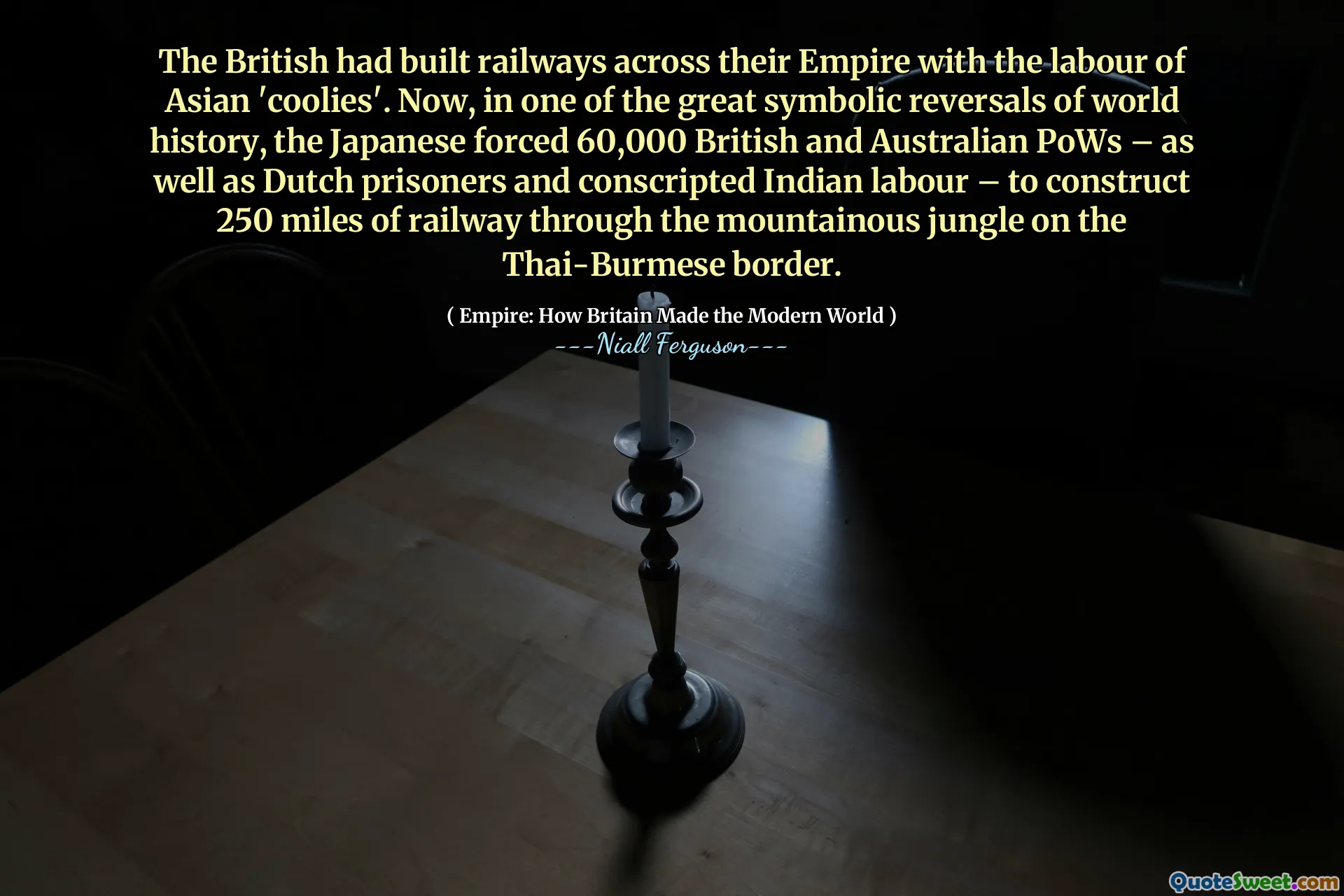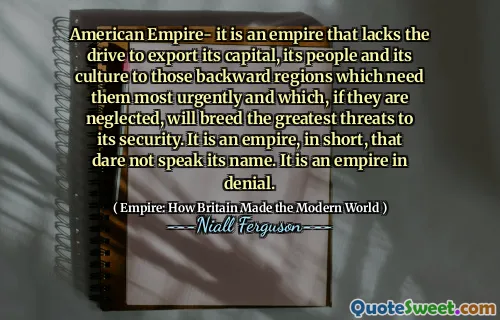
The British had built railways across their Empire with the labour of Asian 'coolies'. Now, in one of the great symbolic reversals of world history, the Japanese forced 60,000 British and Australian PoWs – as well as Dutch prisoners and conscripted Indian labour – to construct 250 miles of railway through the mountainous jungle on the Thai-Burmese border.
The British Empire relied on the labor of Asian 'coolies' to build railways across its vast territories. This labor force was instrumental in the expansion and connectivity of the Empire, showcasing the reliance on colonized peoples for development. However, this dynamic was dramatically inverted during World War II.
The Japanese seized control of this labor narrative by compelling 60,000 British and Australian prisoners, along with Dutch detainees and Indian conscripts, to construct a challenging 250-mile railway through the treacherous Thai-Burmese jungle. This situation not only illustrates a significant power shift but also highlights the harsh realities faced by those who were once oppressors.











